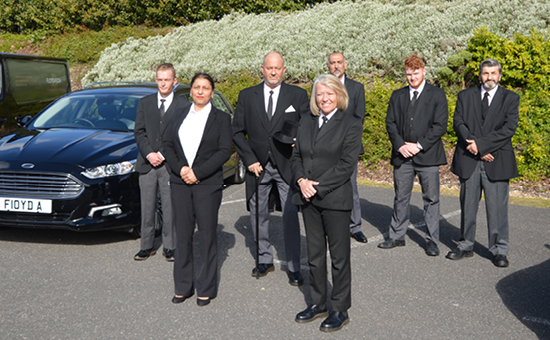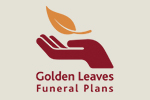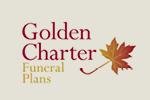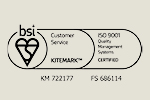
Deaths must be registered at the local council’s registry office. The address should be on the envelope you are given with the Death Certificate. If not, your Funeral Director can tell you where to go. Generally, the next of kin should register the death, but if you don’t feel up to it, Floyd & Son can let you know who else can do it and in what circumstances.
A Certificate for Burial or Cremation (known as the “Green Form”), unless the Coroner has given you an Order for Burial or a Certificate for Cremation. The Funeral Director must have these forms for the arrangements to proceed.
A Certificate of Registration of Death for Social Security purposes.
You can also purchase one or more certified copies of an Entry Certificate. You’ll need these for pension claims, insurance policies and other financial matters.
Find out if the deceased made a Will and consult the solicitors who hold it. The Will may have a note of the deceased’s funeral wishes and preferences. The Solicitor can tell you who the Executors are – the people named as legally entitled to deal with the deceased’s Estate.
Don’t rush into decisions about property or money. All of this can wait until after the funeral or when you have a clearer mind. The Solicitor can advise on tax issues and the law of probate.
Various people will need to know about the death, including:
Thinking through the person’s life will help you remember others who will want to know and perhaps attend the funeral – maybe their trade union, a club they were a member of, people who shared hobbies or a charity they supported.


You may need to return things such as order books or Giro cheques to the DSS. Keep a note of any pension or order book numbers before you send them back.
You must return the deceased’s passport, driving licence, car registration document and National Insurance papers to the relevant offices.
All of this takes time, but it doesn’t need to be done straight away. Get a solicitor or a family member to help.
If you need financial assistance there is a freephone Social Security line to use. To find out if you qualify for help, call 0800 666 555.
We are available 24 hours a day, 365 days a year. Feel free to contact us at any time and our staff will be only too pleased to assist you in any way they can.



Floyd & Son established in 1966.
Private chapels, all denominations.
Head Office / Hainault Branch
Aaron House, 8 Hainault Business Park, Forest Road, Hainault, Essex IG6 3JP
Telephone 020 8500 7475
Director: D A Floyd, Registered office: Aaron House, 8 Hainault, Business Park,
Forest Road, Hainault, Essex IG6 3LP, Company number 07620815
| Cookie | Duration | Description |
|---|---|---|
| cookielawinfo-checkbox-analytics | 11 months | This cookie is set by GDPR Cookie Consent plugin. The cookie is used to store the user consent for the cookies in the category "Analytics". |
| cookielawinfo-checkbox-functional | 11 months | The cookie is set by GDPR cookie consent to record the user consent for the cookies in the category "Functional". |
| cookielawinfo-checkbox-necessary | 11 months | This cookie is set by GDPR Cookie Consent plugin. The cookies is used to store the user consent for the cookies in the category "Necessary". |
| cookielawinfo-checkbox-others | 11 months | This cookie is set by GDPR Cookie Consent plugin. The cookie is used to store the user consent for the cookies in the category "Other. |
| cookielawinfo-checkbox-performance | 11 months | This cookie is set by GDPR Cookie Consent plugin. The cookie is used to store the user consent for the cookies in the category "Performance". |
| viewed_cookie_policy | 11 months | The cookie is set by the GDPR Cookie Consent plugin and is used to store whether or not user has consented to the use of cookies. It does not store any personal data. |